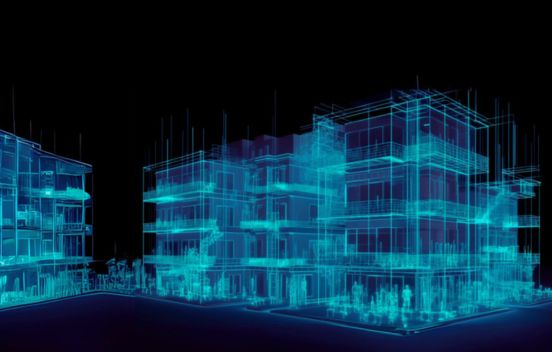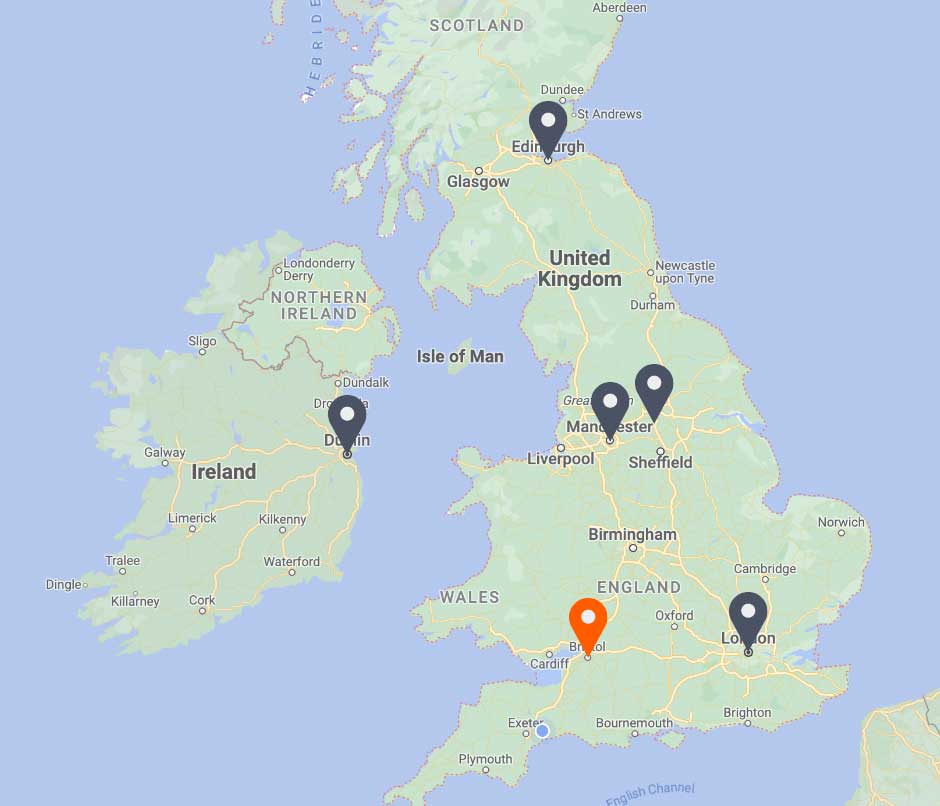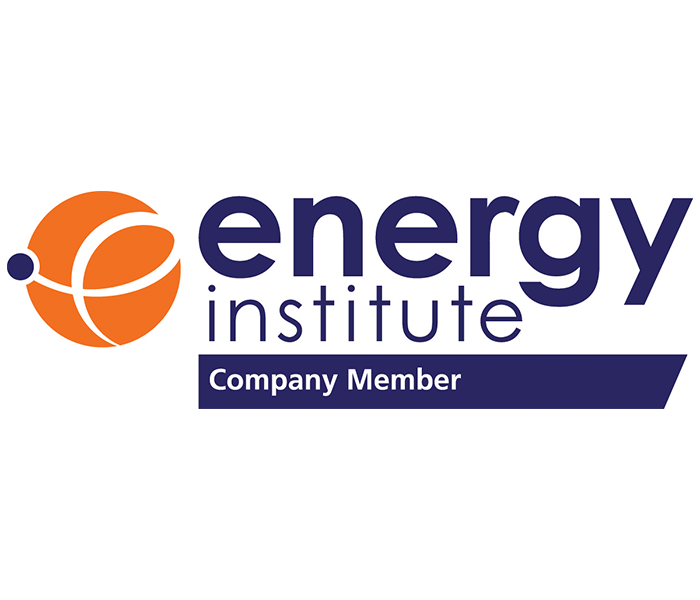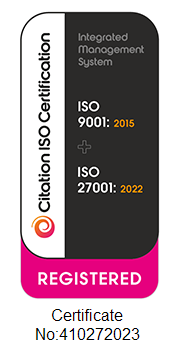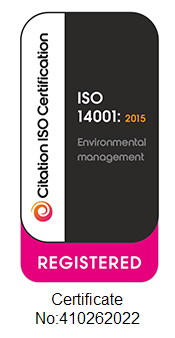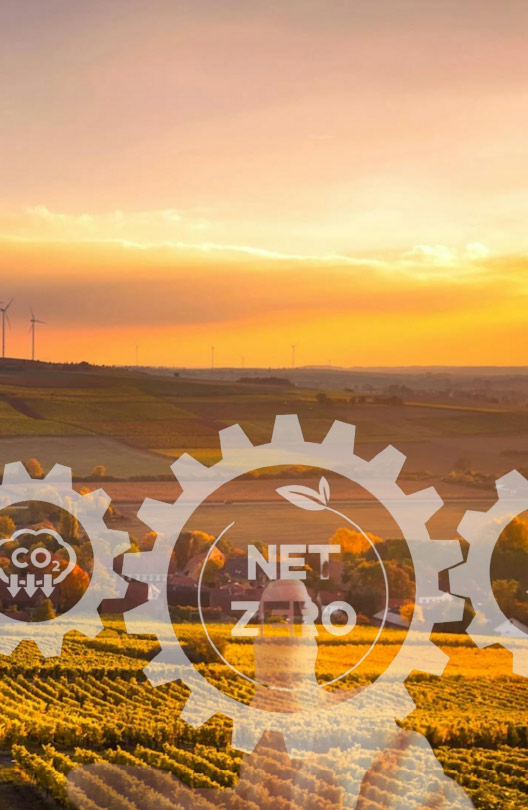The payback period depends on the specific project, but many energy efficiency investments yield positive returns within a few years through energy savings.
Industrial energy management involves optimising processes, investing in efficient equipment, conducting regular maintenance, and training staff on energy-saving practices.
There are online calculators and tools available to estimate your carbon footprint. Reducing it through energy management involves reducing energy consumption, transitioning to clean energy sources, and implementing carbon offset strategies. It is also a good idea to engage with energy management professionals who can guide you through the process.
Smart Net Zero’ refers to achieving a balance between the energy a building or organisation consumes and the energy it generates, using smart technologies and systems to optimise energy efficiency and minimise carbon emissions.
Achieving Smart Net Zero can significantly reduce your energy costs, enhance sustainability, improve corporate reputation, and ensure compliance with environmental regulations. It also positions your business as a leader in sustainability.
Smart Net Zero solutions utilise various technologies, including renewable energy systems (such as solar and wind), energy storage systems, smart meters, IoT devices, and advanced energy management software.
The timeline to achieve Smart Net Zero varies depending on the size and complexity of your operations, current energy usage, and the technologies being implemented. It can range from several months to a few years.
To get started, contact us through our website, email, or phone. Our team will assess your current energy usage, discuss your sustainability goals, and develop a tailored plan to help you achieve Net Zero.
ISO 50001 is an international standard for energy management systems (EnMS). It provides a framework for organisations to manage and improve their energy performance, efficiency, and consumption.
mplementing ISO 50001 can help your business reduce energy costs, improve operational efficiency, meet regulatory requirements, and enhance your reputation for sustainability. It also supports continuous improvement in energy management.
Key requirements include establishing an energy policy, setting energy objectives and targets, conducting energy reviews, implementing energy management plans, and continuously monitoring and improving energy performance.
To get started, contact us through our website, email, or phone. Our team will help you understand the requirements, assess your current energy management system, and guide you through the process of implementing ISO 50001 and achieving certification.
Carbon Reporting involves measuring, tracking, and reporting an organisation’s carbon emissions. It provides a detailed account of greenhouse gas emissions from various sources within the organisation.
Carbon Reporting is crucial for understanding your environmental impact, meeting regulatory requirements, enhancing transparency, and demonstrating your commitment to sustainability. It can also help identify opportunities for reducing emissions and improving efficiency.
Key components include calculating emissions from direct (Scope 1) and indirect (Scope 2 and Scope 3) sources, setting reduction targets, implementing emission reduction strategies, and publicly reporting the results.
Carbon Reporting is typically conducted annually, aligning with most regulatory and voluntary reporting frameworks. Regular reporting helps track progress over time and ensures continuous improvement in emission reduction efforts.
SECR, or Streamlined Energy and Carbon Reporting, is a UK government framework that requires large companies to report their energy use, greenhouse gas emissions, and energy efficiency actions. It aims to improve transparency and encourage businesses to reduce their environmental impact.
SECR applies to large UK companies defined by meeting at least two of the following criteria: more than 250 employees, an annual turnover greater than £36 million, or an annual balance sheet total over £18 million. It also applies to large LLPs and quoted companies.
SECR reports must include details on energy consumption, greenhouse gas emissions, energy efficiency measures taken during the reporting period, and the methodologies used for calculations. This information is typically included in the company’s annual financial reports.
ESOS, or the Energy Savings Opportunity Scheme, is a mandatory energy assessment scheme in the UK. It requires large organisations to conduct energy audits and identify energy-saving opportunities at least once every four years.
ESOS applies to large UK undertakings that meet specific criteria, including having more than 250 employees, an annual turnover exceeding £44 million, or a balance sheet total over £38 million. It also applies to some overseas companies with a UK presence.
“ESOS compliance involves conducting a comprehensive energy audit across all significant areas of energy consumption within the organisation, identifying cost-effective energy-saving opportunities, and reporting compliance to the Environment Agency (or equivalent in devolved administrations).
“













